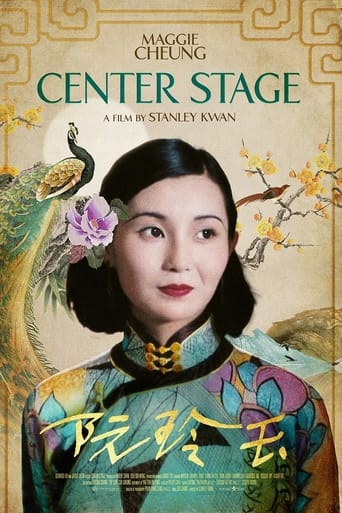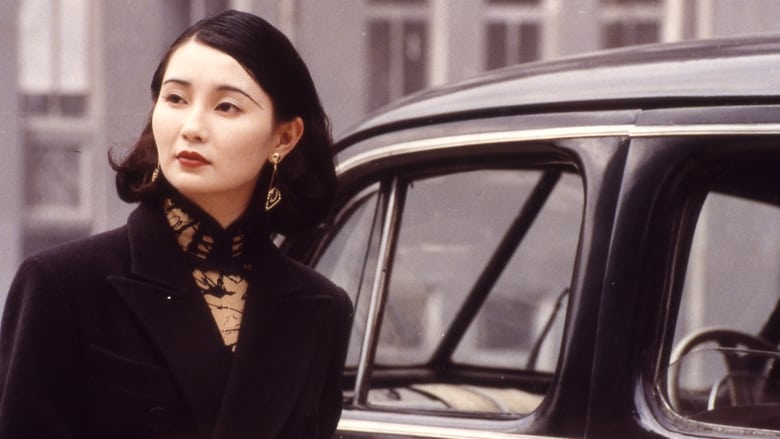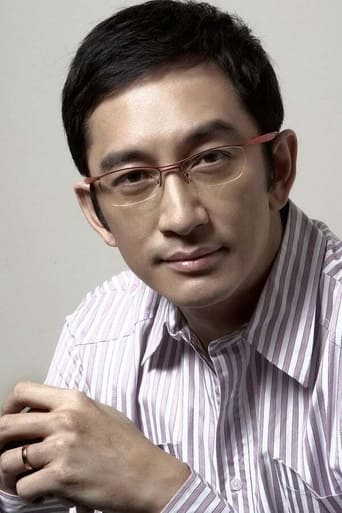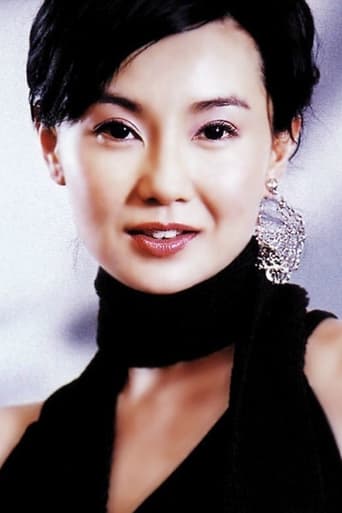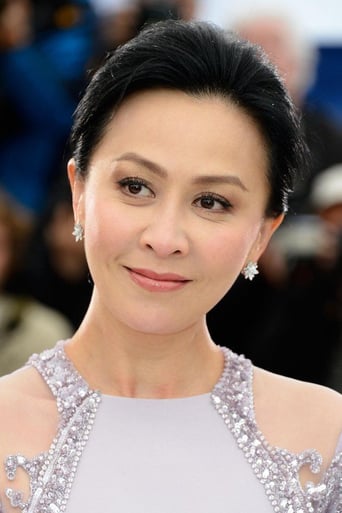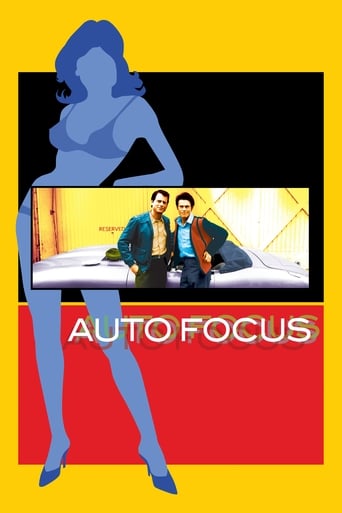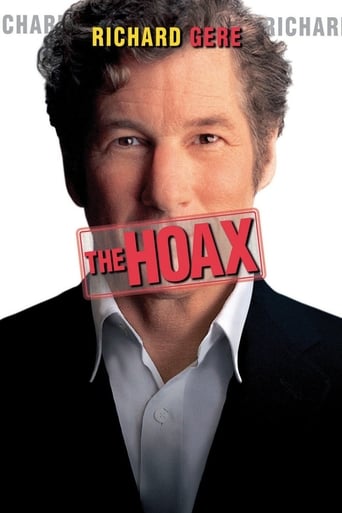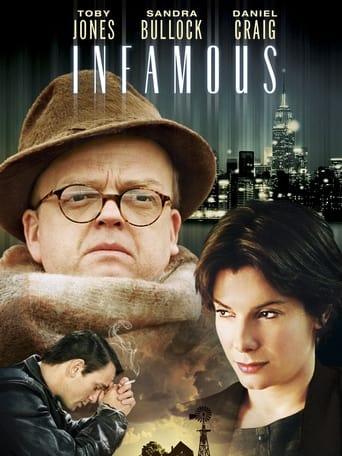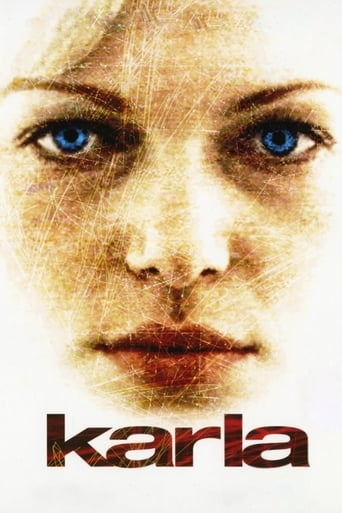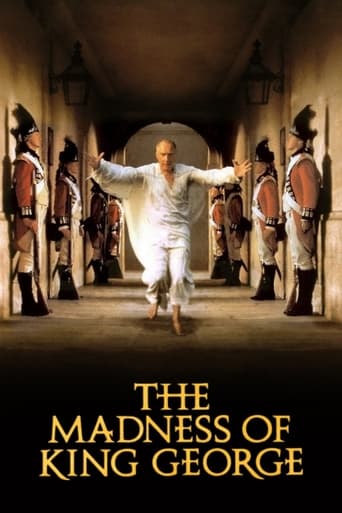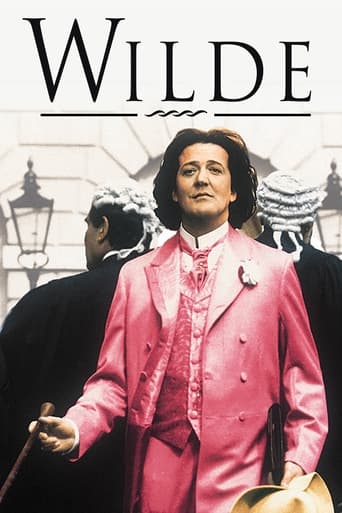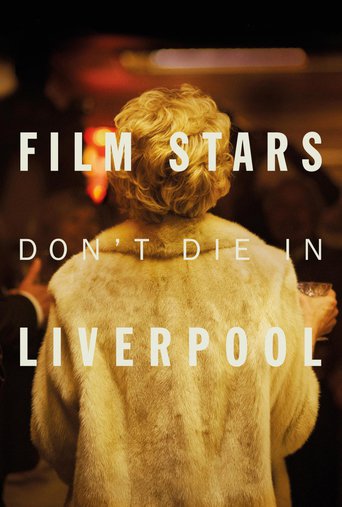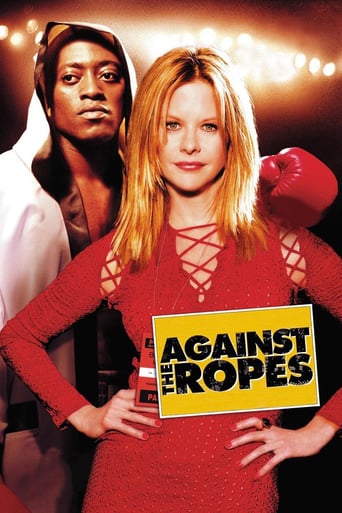Center Stage (1991)
Based on the tragic true story of China's first prima donna of the silver screen, Ruan Lingyu, chronicling her rise to fame as a movie actress in Shanghai during the 1930s.
Watch Trailer
Cast


Similar titles
Reviews
Thanks for the memories!
Excellent and certainly provocative... If nothing else, the film is a real conversation starter.
There are moments that feel comical, some horrific, and some downright inspiring but the tonal shifts hardly matter as the end results come to a film that's perfect for this time.
While it is a pity that the story wasn't told with more visual finesse, this is trivial compared to our real-world problems. It takes a good movie to put that into perspective.
There are many pieces that should have been done better, but overall, the presentation is quite refreshing (interpersing footages and interviews with the main part of the movie)) and a story well-told.SPOILERS THROUGHOUT THE REST A few things worth clarifying -- Ruan was not married to Chang Ta-Min and she was not concerned about his accusation. It was her affair with Tang Chi-Shan (who refused to get a divorce) that bothered Ruan. Furthermore it was unclear to me if Ruan's union with Tang was voluntary or not. He's the boss of the studio afterall, and the scene with blowing the cigarette at him was taken from a movie in which a prostitute was forced to bed with a gangster.She clearly liked Tsai Chu-sheng, but this person only "talked." He flirted with her and used her for his movies but never stood up to protect his movie or Ruan (even when the immediate trigger to Ruan by the press was her role in his movie).Ruan rarely demonstrated her emotions but one can see them clearly during the filming of her movies.In the end, it seems that part of her depression came from thinking out loud with the characters she was acting and empathizing with their predicaments. Then, these were amplified by the many unfairness tossed at her in real life, leading to her suicide. Pretty devastating! PS. I actually liked a lot of the earlier slow scene between Ruan and her mother and adopted daughter. Much was reveal in those seemingly casual daily conversations (like the soup her mother prepared for Chang). Later on she was hiding almost everything to herself, and one can only get hints from subtle facial expressions etc.
I stumbled on a DVD copy of the film from the local library, but before that I never heard of this film. Stanley Kwan also directed Rouge, a film I enjoyed and liked very much, and that prompted my decision to make the time investment to watch it.Center Stage, aka Yuen Ling-Yuk (Cantonese pronunciation of the main character) or Ruan Ling-Yu (the mandarin equivalent) is a slow film, a period piece focused on the life and premature death of an actress in the 30's in China. As a kid growing up in Asia several decades ago I never watched B/W silent films, so Yuen was never known to me, until now.It was a slow film, but well acted and researched. I enjoyed the depiction of Shanghai in the 30's and the personification of various people in the entertainment circle. This film is obviously not for everyone. For the selected few with the interest or the cultural background, it is a film worth watching. If nothing else, it is a cultural lesson on the filming business and a snapshot of the Chinese society in 1930. Seeing some big name actors in it, doing what they do best, is a bonus.
I don't mean to say anything other than the title chosen. Ms. Ruan is a typical Chinese woman, who believes her innocence would never be questioned, in real life and in the movie. When she finally became a movie star, she kind of lost and still hoped she could stick to an elementary sort of love. The fact is she could never return and no one would stay the same.The movie did a wonderful job in comparing two different eras. Maggie, the actress who suffered a lot in real life, matched Ms. Ruan's character very well. The history here seemed too convoluted and trivial, if not meaningless, to many westerners. But as a Chinese, I appreciate every delicate piece in the movie. I still remember the famous saying from one of the greatest Chinese poets -- Qu Yuan.With wind blowing, I march into peace of death.That's the kind of thought in Ms. Ruan's last minute. And the sheer beauty there is quite different from Japanese, Korean or any other oriental culture. That's Chinese. I call it non-extreme idealism, if still you think it is idealism. :)
A biopic of Chinese silent film actress from the 30's, Ruan Lingyu, with Maggie Cheung as Ruan. This movie tells the sad story of a young woman who is rescued from poverty by show business, and is subsequently destroyed by it. It's a classic story of the patriarchal double standard in which an adulterous woman is punished by society while an adulterous man is not.Maggie Cheung's performance is quite good. First of all, she pulls off being an actress playing an actress who is very immersed in her work.Everyone in this movie is exceedingly composed - they speak carefully, and walk perpetually as if on eggshells. No one really comes alive until a scene at a dance hall near the end. But despite all the sugary politeness, Cheung successfully conveys a woman who is being slowly destroyed by her oppressive environment. And there are a couple scenes in which she completely loses it, and it's very affecting to watch.The movie is very interestingly interspersed with clips from Ruan's movies, documentary footage of Ruan's surviving contemporaries, and the actors' conversations with the director.The other actors, such as Tony Leung Ka Fai, Carina Lau, and Waise Lee, who are so interesting in other movies, all have little to nothing to do, except to look nice in period costume.Also interesting is the fact that Carina Lau (who plays fellow actress Lily Li) looks much more like the real Ruan Lingyu than Maggie Cheung does.Watching this film is a bit like watching a PBS documentary - edifying, educational, but not exactly fun.

